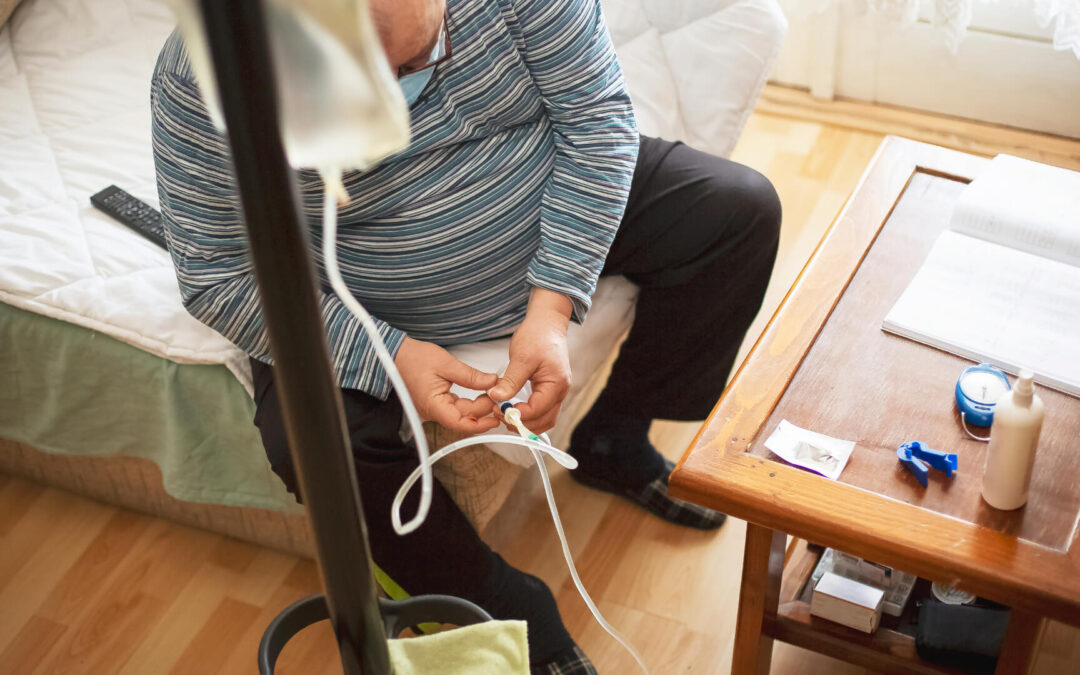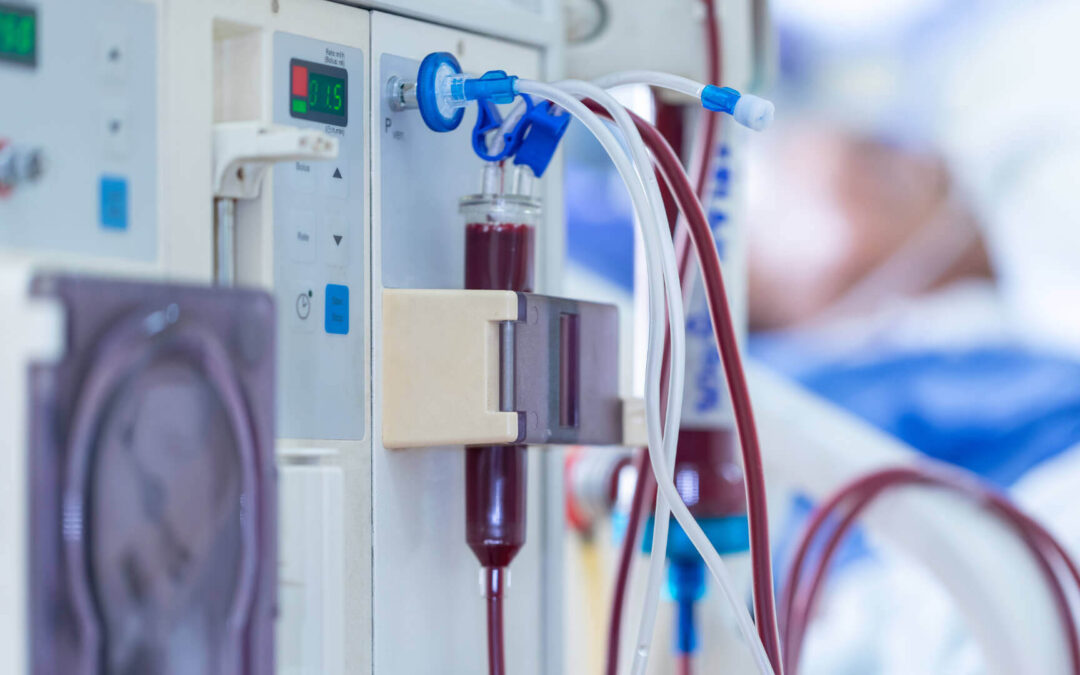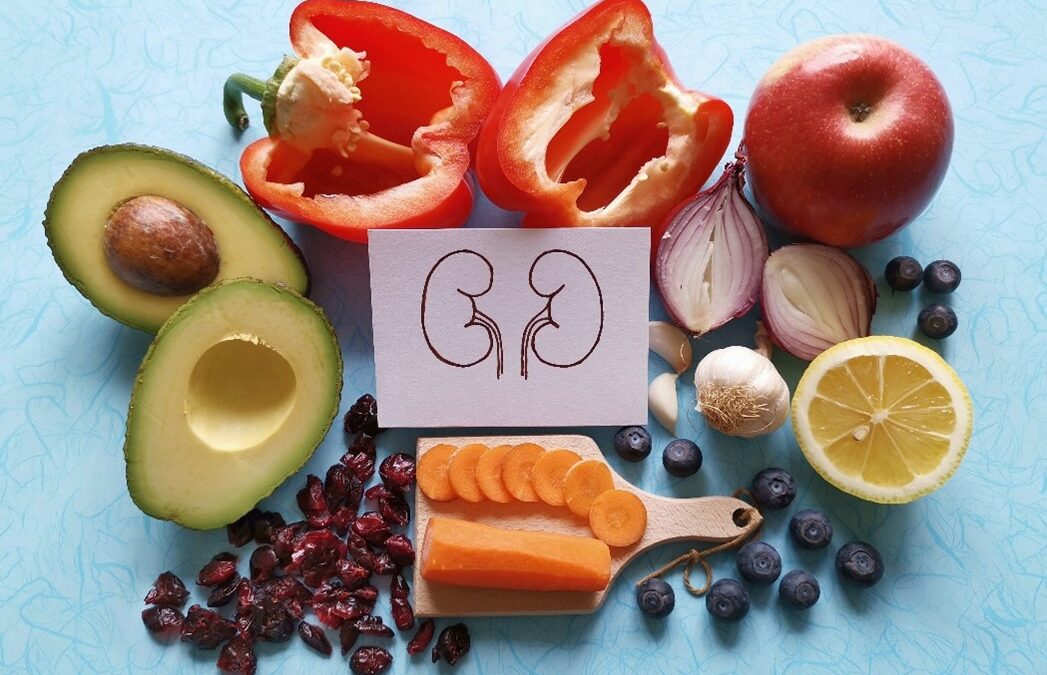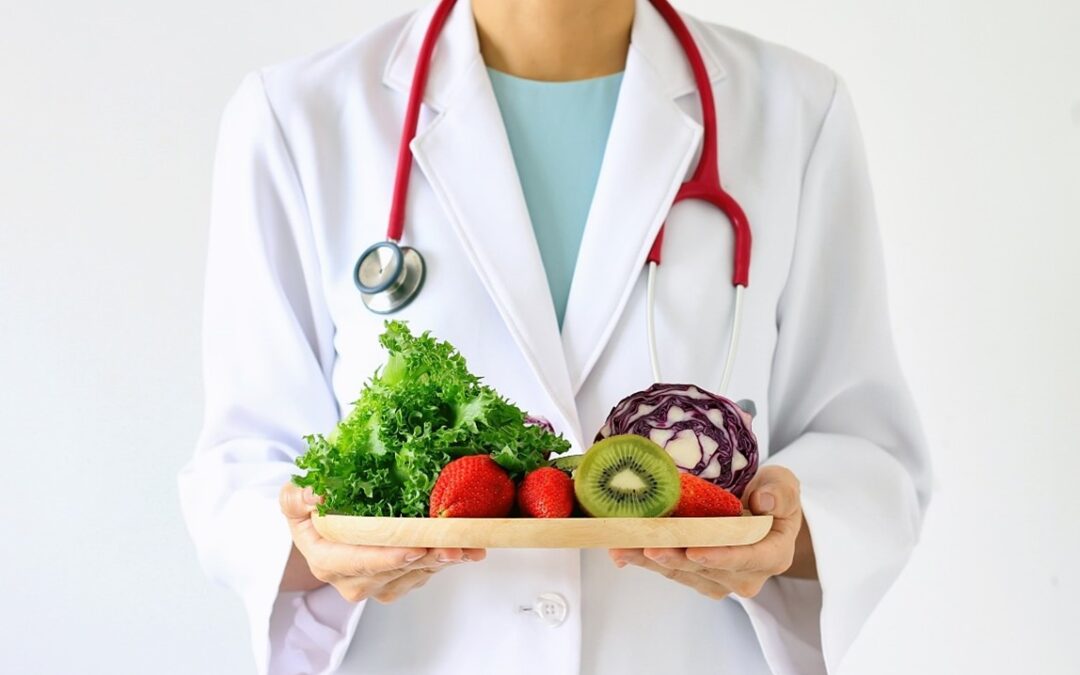
by Southwest Kidney Institute | Oct 4, 2024 | Blog
What is Hemodialysis? Hemodialysis is a process of clearing toxins from the blood, balancing electrolytes, neutralizing acid and removing excess fluid from the human body after the kidneys are unable to do so. In hemodialysis, a machine circulates blood through a...

by Southwest Kidney Institute | Oct 4, 2024 | Blog
Diet Guidelines for Patients on Dialysis While dialysis does the work of your kidneys, it cannot do everything that healthy kidneys do. Some fluids and toxins may still build up, and, over time, cause additional health problems such as heart disease, as well as...

by Southwest Kidney Institute | Oct 4, 2024 | Blog
According to the Institute of Medicine, the human body needs at least 13 vitamins to function properly. Following a balanced diet is the preferred way to get the recommended amount of these vitamins. People with chronic kidney disease (CKD) often cannot get enough of...

by Southwest Kidney Institute | Oct 4, 2024 | Blog
Potassium is a mineral that critically affects the proper functioning of your nerves and muscles. In particular, your heart is influenced by the amount of potassium in your bloodstream. When potassium levels become too high, your heartbeat may be become irregular, and...

by Southwest Kidney Institute | Oct 4, 2024 | Blog
Phosphorus is a mineral that is vital for good health, since it is needed by every cell in your body for normal function. It is a major component of your bones. When your kidneys are not working as they should, they often cannot remove excess phosphorus from your...

by Southwest Kidney Institute | Oct 4, 2024 | Blog
Committing to better eating habits is a great start to actively managing your kidney disease. In order to understand how your diet can affect your health, let’s start with an overview of carbohydrates, protein and fat and why each is necessary in maintaining a healthy...






